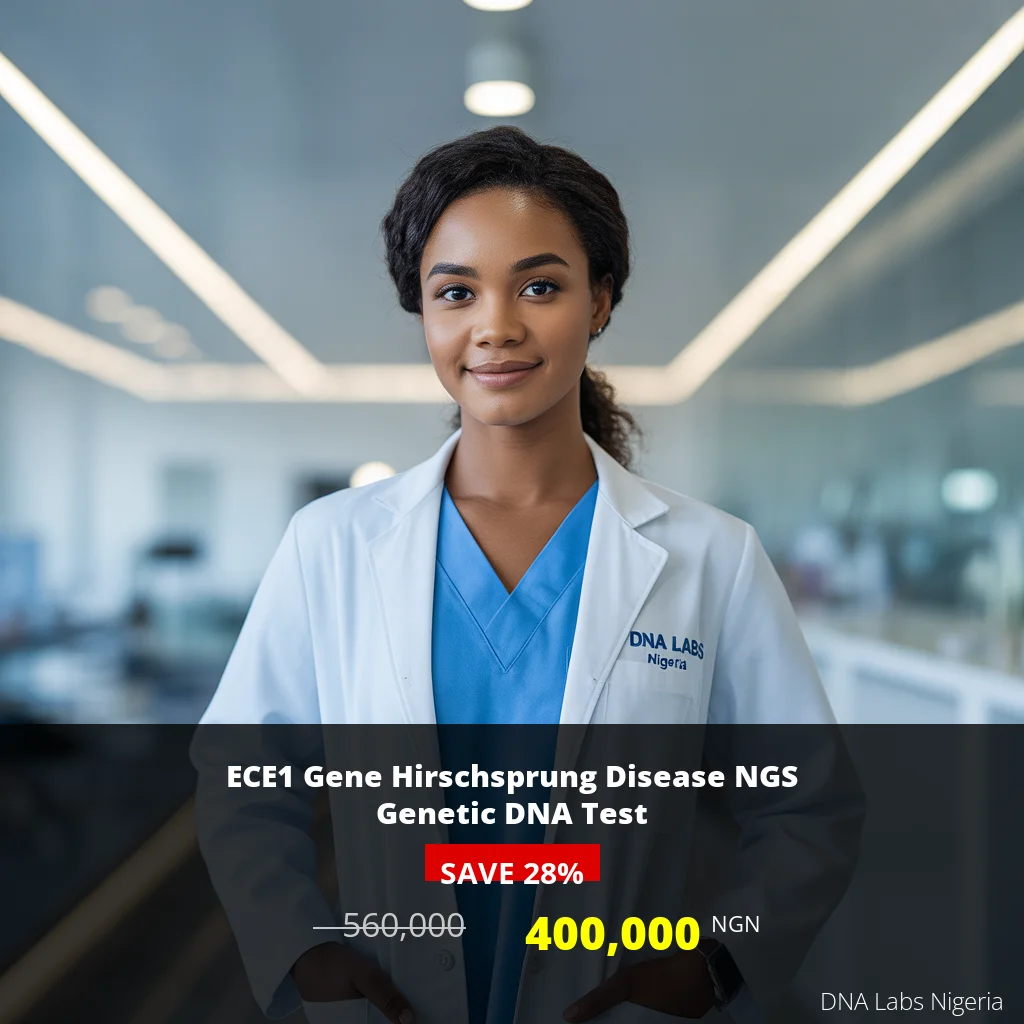ECE1 Gene Hirschsprung Disease NGS Genetic DNA Test
Introduction to the Test
The ECE1 Gene Hirschsprung Disease NGS Genetic DNA Test is a state-of-the-art diagnostic tool designed to detect genetic mutations associated with Hirschsprung disease. This condition affects the large intestine and can lead to severe bowel obstruction. Understanding whether a patient carries the ECE1 gene mutation is crucial for timely diagnosis and effective treatment.
What the Test Measures
This test specifically measures the presence of mutations in the ECE1 gene, which are linked to Hirschsprung disease. By analyzing the genetic material, healthcare providers can determine the risk of developing this condition.
Who Should Consider This Test
Individuals who exhibit symptoms such as chronic constipation, abdominal distension, or bowel obstruction should consider this test. Additionally, those with a family history of Hirschsprung disease or related genetic disorders may benefit from early screening.
Benefits of Taking the Test
- Early detection of Hirschsprung disease, allowing for timely intervention.
- Informed decision-making regarding treatment options.
- Peace of mind for families with a history of genetic disorders.
Understanding Your Results
Results from the ECE1 Gene Hirschsprung Disease NGS Genetic DNA Test will indicate whether mutations are present. A genetic counseling session is recommended to interpret the results accurately and discuss potential next steps.
Test Pricing
| Test Name | Discount Price | Regular Price |
|---|---|---|
| ECE1 Gene Hirschsprung Disease NGS Genetic DNA Test | 400,000 NGN | 560,000 NGN |
Booking the Test
To book the ECE1 Gene Hirschsprung Disease NGS Genetic DNA Test, please contact us at +2348110567037 or visit our website. We recommend a genetic counseling session before the test, where a pedigree chart can be drawn to assess family history related to the ECE1 gene.
Additional Information
Turnaround Time: 3 to 4 Weeks
Sample Type: Blood or Extracted DNA or One drop Blood on FTA Card
Pre-Test Instructions: Clinical history of the patient is required, and a genetic counseling session is recommended.







